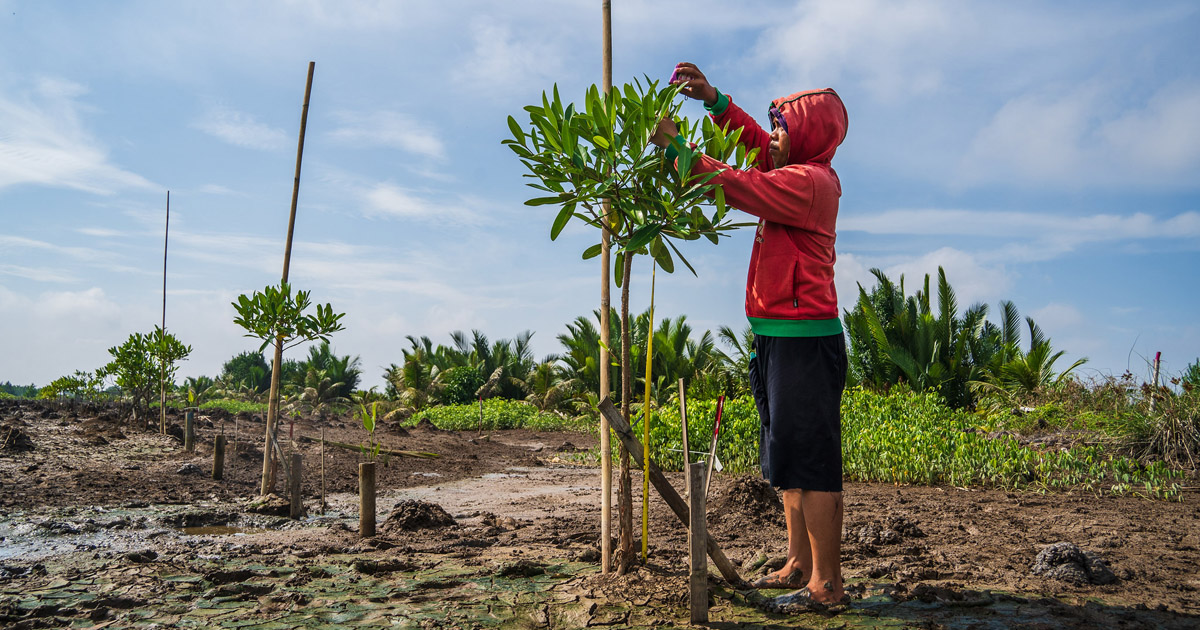Agroecology: Drivers of adoption, impact of practices and lessons learned
Measuring agroecology and its performance: Generating evidence to scale up agroecological transitions
Agroecology is gaining momentum as a promising approach to address food system challenges holistically. However, its advancement depends on the availability of data-driven evidence regarding its performance across various dimensions, including agricultural productivity, ecological integrity, socio-economic well-being, and soil health. To address the gap in evidence-based advocacy for agroecological transitions, the Measuring Agroecology and its Performance (MAP) project customized and applied the FAO’s Tool for Agroecological Performance (TAPE) on 839 farms across four countries (Benin, Ethiopia, Kenya, and Madagascar) to: i) Provide evidence of progress towards agroecological transition; ii) Assess the multidimensional performance of agroecology; and iii) Tailor the TAPE tool to assess the contribution of agroecology to soil health. This research was conducted within the framework of the Deutsche Gesellschaft für Internationale Zusammenarbeit (GIZ)'s Soil Protection and Rehabilitation for Food Security (ProSoil) project sites, where sustainable farming practices have been implemented since 2015, and comparison farms which are not direct beneficiaries of ProSoil activities. TAPE results show that households actively participating in ProSoil activities have significantly (p<0.001) higher degrees of agroecological integration across all the ten elements of agroecology than comparison farms. The difference is particularly pronounced for the agroecology element on co-creation and sharing of knowledge and is fairly consistent across the four countries. The level of agroecological integration correlates positively with environmental performance parameters (agrobiodiversity and soil health), economic performance (income and productivity), as well as with dietary diversity and food security. Limited effects were found on Agroecology's contribution to social parameters like women's and youth empowerment. The MAP project further enabled two critical innovations to TAPE: a more robust soil health assessment as well as a novel data management platform. Both of these innovations will be available for all future TAPE users, considerably improving the value and usability of the tool. Finally, through deliberate stakeholder engagements, the MAP project enhanced awareness of and capacities on holistic performance assessment of agrifood systems and agroecology among key actors in the four partner countries and beyond.














